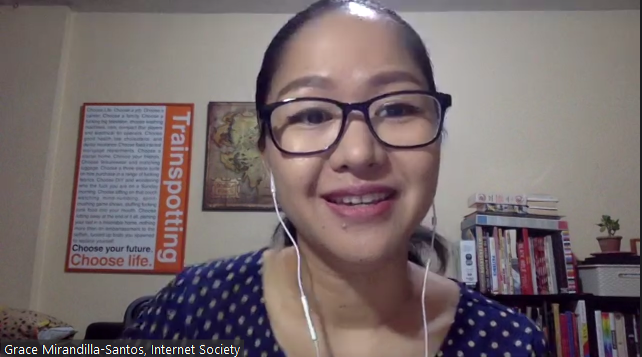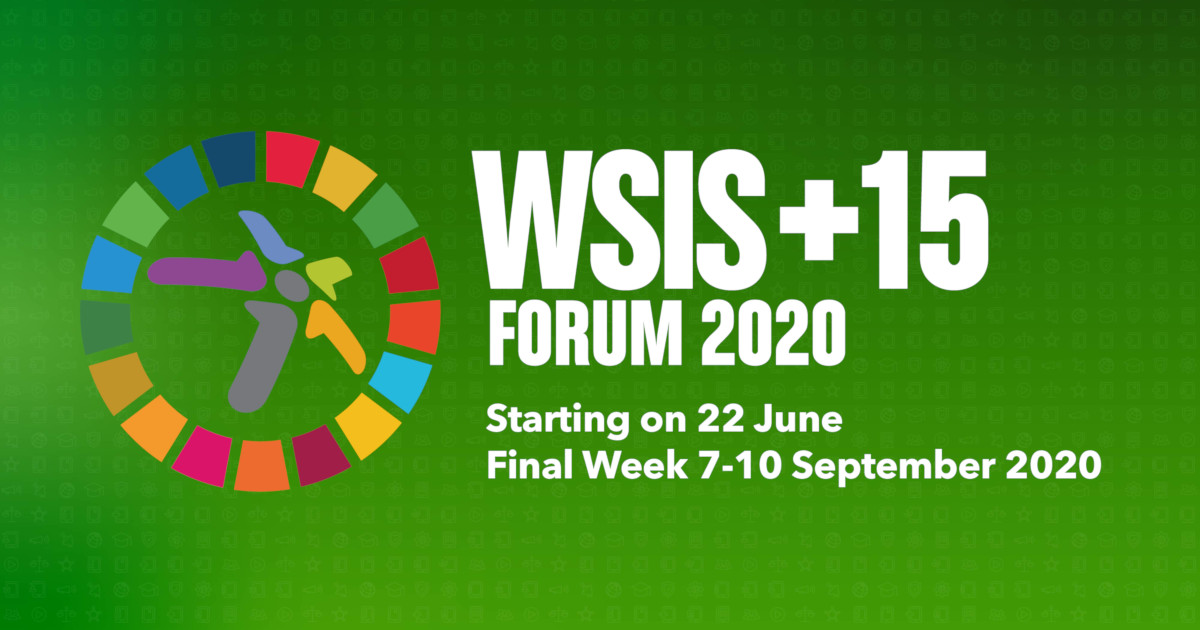Benchmarking the 100 most influential ICT companies to drive digital inclusion globally
World Benchmarking Alliance
Session 143
Digitalisation has the transformative power to accelerate progress on the Sustainable Development Goals (SDGs), particularly during this time of global pandemic, bringing innovative and disruptive technologies to tackle persistent challenges for communities and societies worldwide. While digitalisation increases global connectivity online – shaping new sectors and pioneering new ways of operating – it also brings with it the challenge of ensuring benefits are spread and harms are reduced. The World Benchmarking Alliance’s (WBA) Digital Inclusion Benchmark (DIB) will assess and compare how ICT companies are contributing to ensure that benefits from digital technologies are broadly enjoyed, given that these technologies are considered as cross-cutting tools for the achievement of all SDGs. The DIB has indicators which cover a wide range of digital issues, from engineering training for marginalized groups, particularly women, to AI ethics and efforts to increase connectivity in communities without prior access.
Regulatory structures, legal frameworks, and other policy instruments are often outpaced by rapid innovation in the ICT sector. To close this gap, the DIB will provide data on what 100 of the world’s top ICT companies do to help or harm these and other areas of digital inclusion. The session will explore how the DIB, and corporate benchmarks more generally, can help civil society understand the positive effects as well as the risks and harms from digital technologies. The session will also cover how leveraging benchmark data can help the public sector implement policies that encourage inclusive and safe digital development, particularly in developing countries
Following an opening presentation from Lourdes O. Montenegro, WBA’s Lead, Digital Sector Transformation, the moderator will welcome speaker interventions before crafting an open discussion between panel and audience on core thematic elements to digital inclusion; exploring how the benchmark can support public policy actions which enhance digital access, skills, use and innovation.







